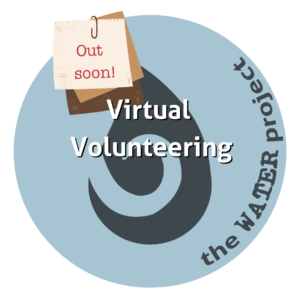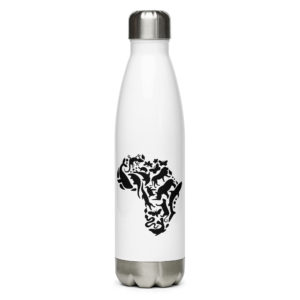Water plays a crucial role in achieving the global goals set forth by the United Nations, known as the Sustainable Development Goals (SDGs). These goals aim to address various global challenges and create a more sustainable and equitable world by 2030.
Water is explicitly recognized as a key component in several of these goals, and its importance stems from its fundamental role in supporting life, ecosystems, and human well-being. Here are some ways in which water is significant within the global goals:


- Goal 6: Clean Water and Sanitation: This goal directly focuses on ensuring the availability and sustainable management of water and sanitation for all. It aims to achieve universal access to safe and affordable drinking water, adequate sanitation, and improved hygiene practices. Access to clean water and sanitation is essential for human health, reducing waterborne diseases, and promoting overall well-being.
- Goal 2: Zero Hunger: Water is vital for agriculture and food production. Achieving zero hunger requires sustainable water management for irrigation, crop cultivation, and livestock production. Efficient water use, irrigation techniques, and access to water resources enable increased agricultural productivity and food security, especially in regions prone to drought or water scarcity.
- Goal 3: Good Health and Well-being: Access to clean water and sanitation facilities significantly impacts public health. Lack of safe water and sanitation contributes to the spread of waterborne diseases like diarrhea, cholera, and typhoid. Goal 3 emphasizes the importance of providing clean water sources, sanitation systems, and hygiene education to improve health outcomes and reduce preventable diseases.
- Goal 14: Life Below Water: Water ecosystems, including oceans, rivers, and lakes, are critical for maintaining biodiversity and supporting marine life. Sustainable management of water resources is essential for preserving aquatic habitats, protecting marine species, and ensuring the health and productivity of oceans and other bodies of water.
- Goal 15: Life on Land: Water availability and quality are essential for terrestrial ecosystems, including forests, wetlands, and wildlife habitats. Sustainable water management helps conserve biodiversity, support ecosystem functions, and maintain the ecological balance on land. It also contributes to combating desertification and land degradation.
- Goal 13: Climate Action: Water plays a vital role in climate regulation and adaptation. Climate change affects water availability, precipitation patterns, and the frequency of extreme weather events. Sustainable water management is crucial for mitigating the impacts of climate change, including droughts, floods, and sea-level rise, and building resilient communities.
Overall, water is a cross-cutting issue that intersects with multiple global goals. Addressing water-related challenges, such as water scarcity, water pollution, and inadequate sanitation, is essential for achieving sustainable development, promoting social equity, and safeguarding the environment.




























Leave a Reply
You must be logged in to post a comment.